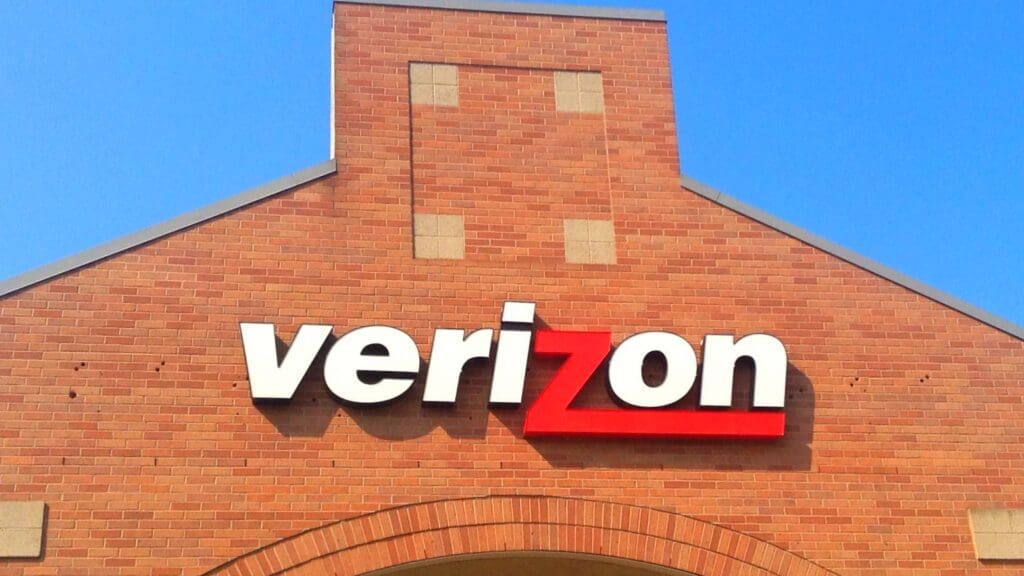Why did Verizon acquire Aol for a reported $4.4 billion? It’s not about the content because the red V tried and failed at original content. It’s about the advertising market – mainly automation.
Verizon tried doing content with SugarString, a technology news portal that competed with TechCrunch, the Verge and WIRED. There was one big black exclamation mark on the site: Verizon forbid reporters to write about Net Neutrality or the NSA spying program. The site only lasted for three months.
I’m sure those that work at Engadget and TechCrunch have been thinking about SugarString for the entire day.
And if the merger was about content, V for Verizon wouldn’t try to spin off The Huffington Post, Aol’s most popular – and probably revenue – portal on the network.
From Re/Code:
According to numerous sources, while it has been negotiating its deal to sell to Verizon, AOL has also been in advanced discussions with a number of parties to spin off its flagship Huffington Post content unit.
The talks have been most serious with Axel Springer, the German media conglomerate, but a number of private equity firms have also expressed interest in the high-profile property. Sources said the Huffington Post has been valued at above $1 billion in this scenario, which would either be a complete sale or, more likely, structured as a joint venture.
And if The Huffington Post is on the market, could Engadget and TechCrunch go as well? Some analysis think so – and they could fetch billions.
Which brings it back to the main point. It’s not about the content but – as Ad Age points out – it’s about advertising:
The digital advertising industry (and some might say, the entire advertising industry) is on the fast path to automation. Scores of companies have emerged to help automate different parts of the ad buy — the buying, the selling, the targeting, the attribution, etc. — and AOL owns a piece of tech for just about every step of the way.
This sounds like a short-term buy as Aol has pieces in place currently for automation of ads. The long-term clearly benefits Facebook as they are currently developing automation as well, especially as more people continue to only visit Facebook when they go online.
It doesn’t benefit Verizon if the trend is moving to Facebook.
